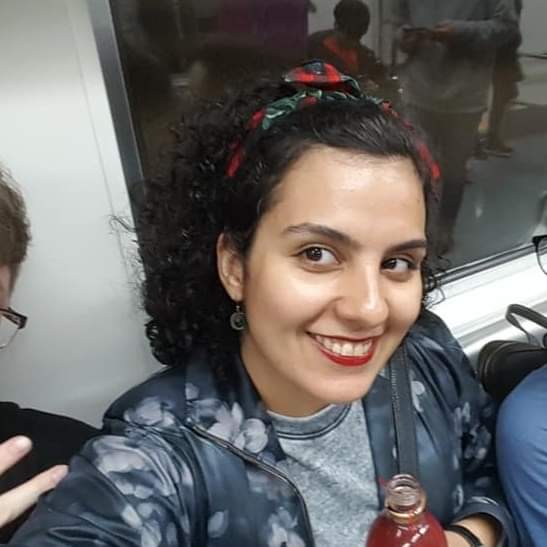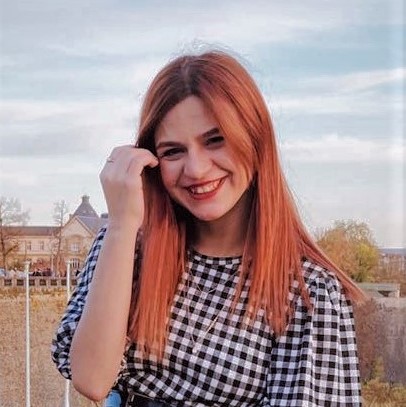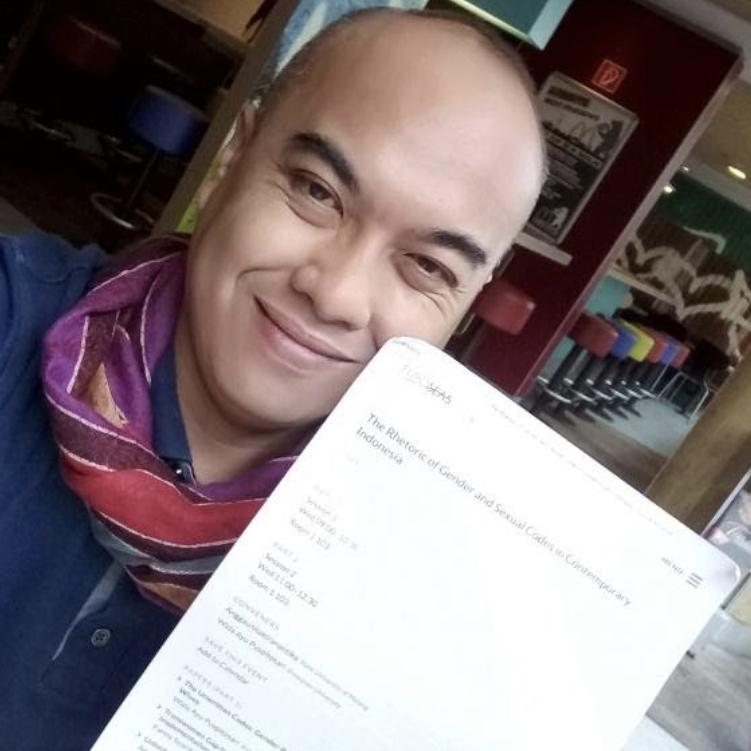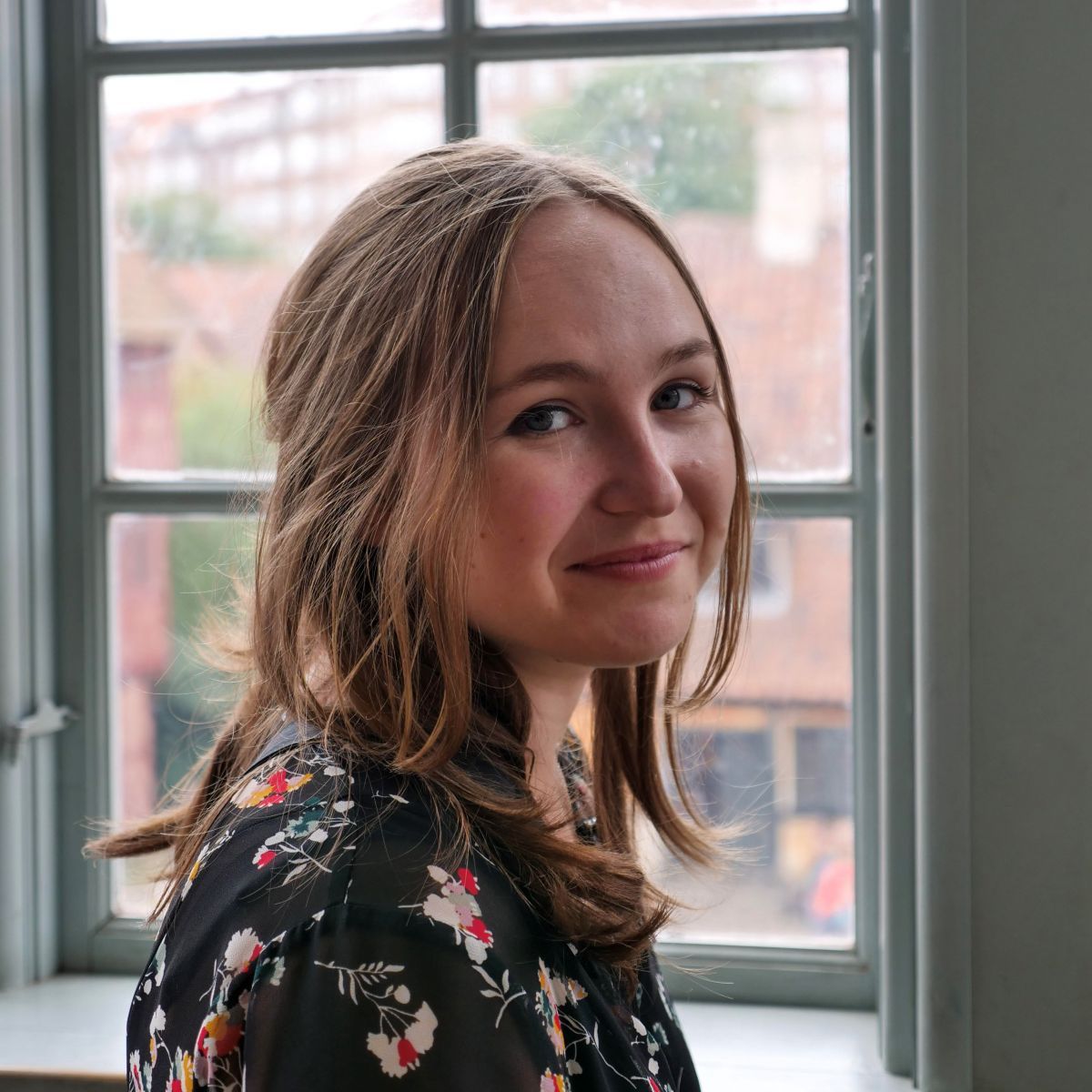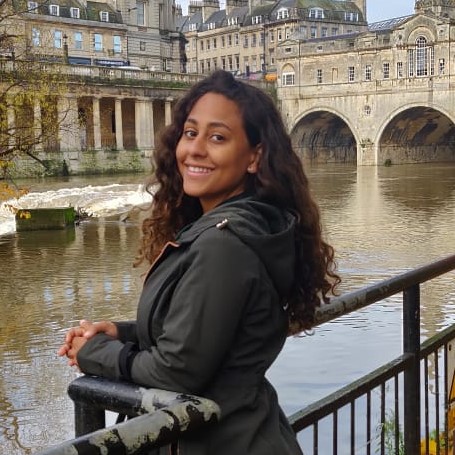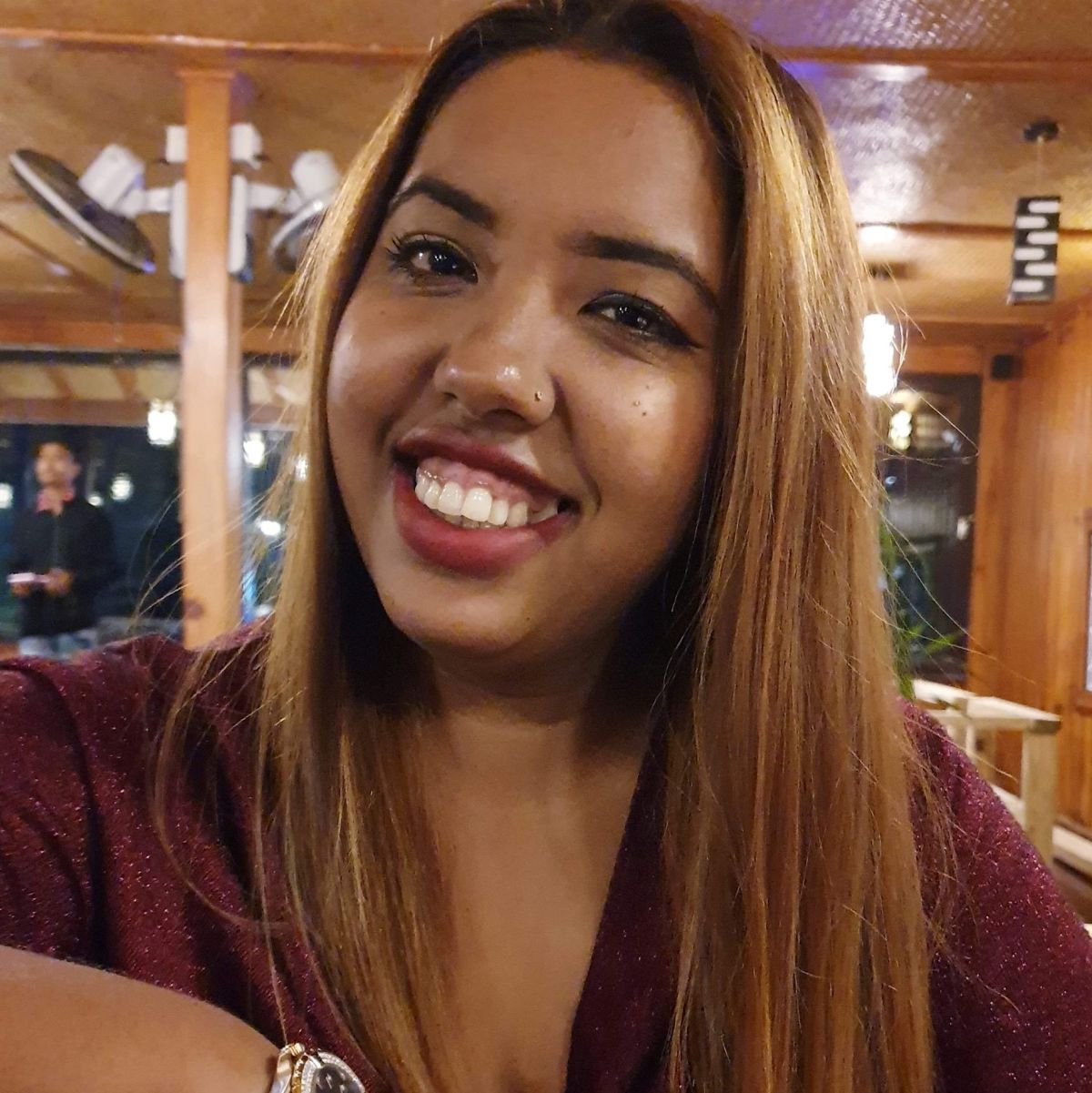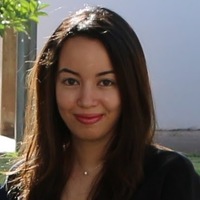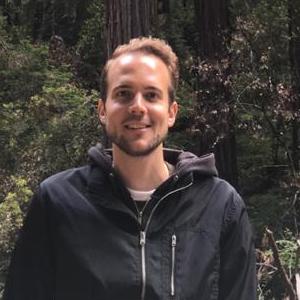How Drag Helped Me Find Identity and Community in Seoul
I already had a few Queer friends in Korea, but now I had a community, a way into Queer spaces and a place where I could exist as a Queer woman without worrying if I was being too flamboyant.
South Korea, Eastern Asia
Story by Megan Rothnie. Edited by Stéphanie Hamel
Published on April 28, 2021.
Reading time: 4 minutes
This story is also available in 

Sometimes, I tell people I started doing drag because I didn’t want to be rude.
I moved to South Korea to teach English in 2018. I’ve been openly gay for years, and the Queer community was a huge part of my life in the UK. So, while I loved living in Korea, the shift to living somewhere much more culturally conservative, where LGBT+ issues weren’t discussed as openly, was a culture shock. Korea has few legal protections for LGBT+ people: a teacher found to be gay could be fired, though there would likely be a different ‘official’ reason. Almost every Queer person I met in Korea was closeted in the workplace, including me.
My first real brush with the drag scene was Seoul Pride. I marched with the crowd, got screamed at by homophobic protesters, and ended the night in drunken conversation with a drag queen who gave me her Instagram and told me to DM her if I wanted to get into drag. Alas, sober me was a coward: I never messaged.
A few months later, I met Drag King Sapphire Reign at another Pride event. We chatted and I mentioned an interest in drag. Sapphire immediately started telling me about the drag king workshops she was hosting and pulled out leaflets. When she asked me if I wanted to come, I panicked. Nervousness aside, I had 21 years of ridiculous British courtesy programmed in: refusing would be rude!
[...] the drag queens I met were never anything but welcoming. I was never made to feel like the space wasn’t meant for me or that I was less of a performer.
The next day, I showed up in a basement bar and learned how to walk like a man. The next week, we learned how to do our makeup, dress, choreograph a routine, and tape down our breasts with KT tape[1]. It was liberating. I already had a few Queer friends in Korea, but now I had a community, a way into Queer spaces and a place where I could exist as a Queer woman without worrying if I was being too flamboyant. After the workshops ended, I attended weekly drag shows and monthly brunches, either performing or as an audience member.
It was at one of these drag brunches, months after Pride, that the drag queen who’d encouraged me to DM her recognised me as the drunk girl who wanted to do drag and never messaged - by then I was performing as a drag king, so my chickening out was forgiven.
Drag culture has a reputation for being dominated by cisgender, gay men. RuPaul’s drag race, arguably the most prominent mainstream representation of drag, doesn’t allow drag kings to compete. And while it has had some trans and nonbinary contestants (16 out of 166), Rupaul’s public comments on the subject have been less than kind. But the drag queens I met were never anything but welcoming. I was never made to feel like the space wasn’t meant for me or that I was less of a performer. I met some incredible performers of colour, and trans and nonbinary artists I felt privileged to work with and know.
My last few months in Korea were dogged by Covid-19 outbreaks and restrictions. I went to what shows I could, squeezing in my last performance two weeks before my departure. I’d hoped to see at least one more performance before I left, but it was cancelled the night before I flew out. I never got to properly say goodbye.
I’m back in England now, locked down in a rural area with no clubs or drag shows for miles. But I still have great memories of my time in Korea, in and out of drag. I just wish I’d started sooner.
Footnotes
[1] KT tape, also known as elastic therapeutic tape or kinesiology tape is a stretchy adhesive tape mostly used by athletes to strap up and treat injury. Unlike ace bandages it doesn’t constrict breathing so is safe to use for binding.
How does this story make you feel?
Follow-up
Do you have any questions after reading this story? Do you want to follow-up on what you've just read? Get in touch with our team to learn more! Send an email to [email protected].
Talk about this Story
Please enable cookies to view the comments powered by Disqus.
Subscribe to our Monthly Newsletter
Stay up to date with new stories on Correspondents of the World by subscribing to our monthly newsletter:
Tags
Topic: Gender
> Greece
The moment a girl becomes a woman: a story of psychological abuse - Part 2
A story by Maria Sotiropoulou
5 min
I want to advise people to start speaking up. The day I realized I was ready to talk was the day in which this little girl finally felt like a woman. Read more...
> Indonesia
Questioning the State of Religious Rights for Gender Minorities in Indonesia
A story by Fanny Syariful Alam
4 min
I question most Indonesians’ claims about the irreligiosity of the Indonesian LGBT community, and the view that they do not exercise the correct practices as administered in their holy books. Read more...
> United States
Gender-based Hiring in Engineering: Insulting Today, Inspiring Tomorrow
A story by Izzy Bauman
5 min English Audio available
I have been fortunate to be shaped by incredible women in my field, and it is my conviction that with time, my experience will be less of an anomaly. Read more...
Explore other Topics
Get involved
At Correspondents of the World, we want to contribute to a better understanding of one another in a world that seems to get smaller by the day - but somehow neglects to bring people closer together as well. We think that one of the most frequent reasons for misunderstanding and unnecessarily heated debates is that we don't really understand how each of us is affected differently by global issues.
Our aim is to change that with every personal story we share.
Community Worldwide
Correspondents of the World is not just this website, but also a great community of people from all over the world. While face-to-face meetings are difficult at the moment, our Facebook Community Group is THE place to be to meet other people invested in Correspondents of the World. We are currently running a series of online-tea talks to get to know each other better.











